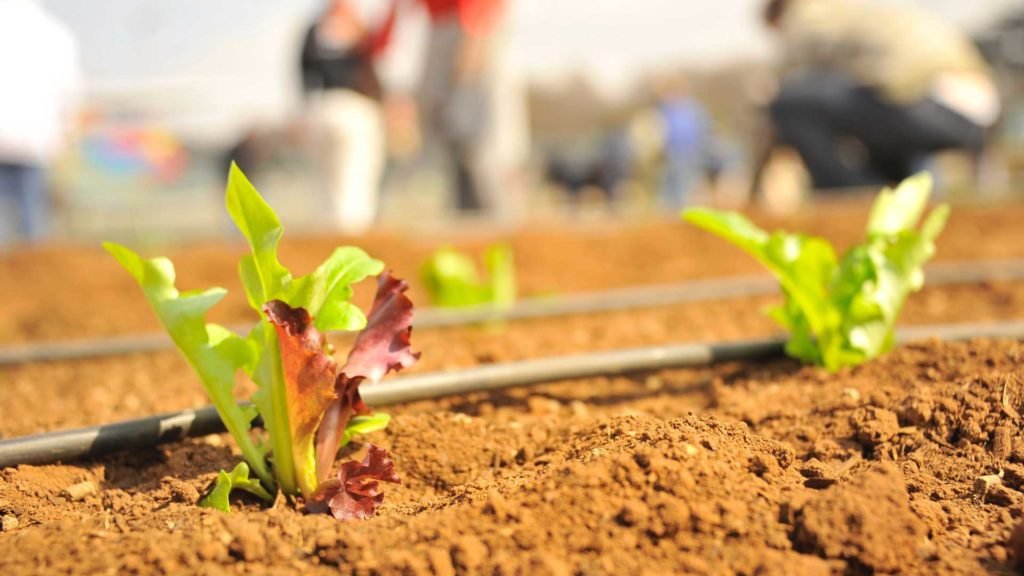So, should I add compost to the soil whenever I plant? I’m perplexed since I hear arguments for and against adding soil amendments. Both sides of this debate appear to be compelling.
Before deciding whether to amend the soil, let me state that I believe in amending the soil with compost when planting all new shrubs and trees. I’ve worked with far too many homeowners whose plants perished due to planting in thick clay soil that doesn’t perk or drain.
I’m finding it tough to write this blog because many of my colleagues would disagree with me on soil amendment. Therefore, before you want to buy raised garden beds, let’s start!
An Experiment
Try this method if you’re not sure how well your soil benefits. Make a hole and fill it with water. See how long it takes for the water to perk up. Some clients said it took hours. What does this experiment demonstrate?
It demonstrates, in my opinion, which the thick clay soil needs to be treated with some excellent organic matter to aid increase drainage so that freshly planted shrubs and trees do not develop rotten roots and perish. So, let’s start with a basic grasp of clay soil.
First and foremost, don’t get me wrong. Clay soil is beneficial since it contains many nutrients that plants can use. The majority of us in Central Virginia have clay soil. However, in my opinion, clay soil still needs amendment with compost or organic matter.
Root Growth Impediment
Aside from inadequate drainage, hard clay soil stifles root development. It is fairly uncommon for plants growing in thick clay soil to never develop outside the hole into which they were put.
It’s resulting in the plant failing to thrive. Furthermore, the roots will not develop effectively or extensively. And the plant may require more regular watering.
Work Is Difficult
We all know that when the clay is wet, it produces a messy mess, and when it dries, it is hard to the consistency of concrete.
Inadequate Beneficial Bacteria
Coarse clay soil is deficient in good bacteria, microbes, and worms. They help plants develop and thrive. The presence of earthworms indicates that your soil is healthy. So get back to amending the thick clay soil using soil amendments.
I don’t advocate using sand as the only addition to clay soil. Concrete has made of clay and sand. I also do not recommend using peat moss. The nature of peat moss is to store water, and the additions have intended to promote drainage.
The Bottom Line
As additives, I recommend leaf compost, humus, and handmade compost. And then incorporate the selected amendments into the existing clay soil until you have a lovely, workable soil. You can use this soil in modern raised garden beds and in open garden. Remember that you don’t want to throw away the clay.
You do not require all “foreign” dirt. Remember that clay has certain beneficial properties. These characteristics include moisture retention, a diversity of minerals and nutrients, and a density that allows plants to stand taller.

